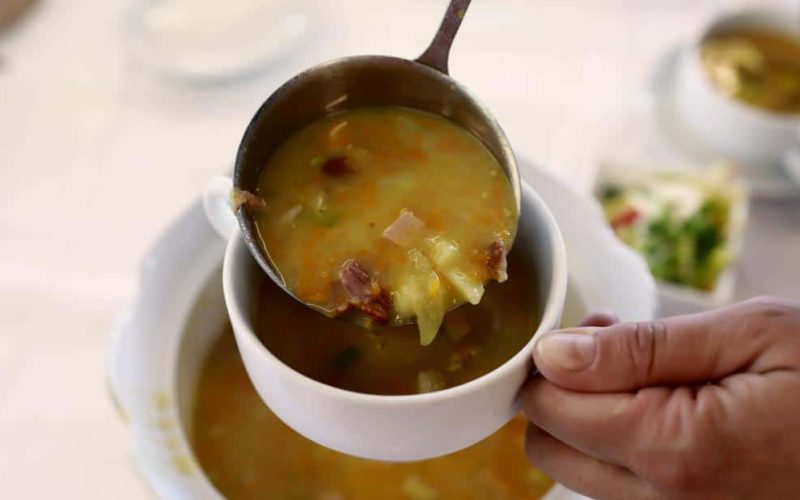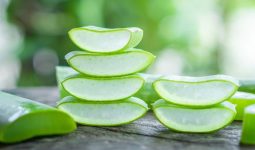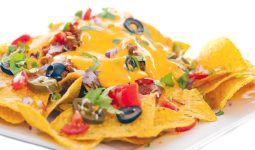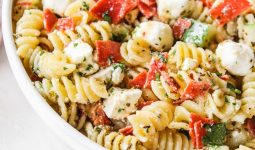A bland diet might be the ultimate answer if you are having gastrointestinal distress. A bland diet might help in relieving vomiting, nausea, heartburn, and diarrhea.
It is effective in the treatment of peptic ulcer, and it also helps with reducing overall physical stress.
Bland diet comprises of foods that are soft in texture, mildly seasoned, low fiber and high pH. These factors contribute prevention of acid production, digestive irritation, or reflux.
Despite the name, “bland diet”, it can actually be quite tasty and comforting to the gut. The most effective approach for digestive symptoms is one that handles the root cause of the symptoms.
This means, recommendations may differ from person to person. However, if you are practicing bland diet, there are some things you should and shouldn’t eat.
Foods you can eat on a bland diet
We all don’t eat the same as everyone’s food need vary, and there may also be some preexisting food intolerances or allergies. So you may have to discuss with a dietitian about your choices.
They can also provide extra input relating to you diagnosis and overall lifestyle. Listed below are foods commonly recommended on bland diet;
Low-fat dairy
Fat-free milk, mildly flavored cheese -like cottage cheese-, and yogurt, are welcomed options. It is best to be careful though, since milk protein intolerance and lactose intolerance are some of the common reasons for gastrointestinal distress in some people.
Also, experts also recommend avoiding dairy foods from your diet completely to help in the treatment of peptic ulcer.
Some vegetables you can eat include
- Carros
- Beets
- Peas
- Green beans
- Spinach
- White or sweet potatoes
- Pumpkin
It is evident that they are not eaten raw, no matter what form they were gotten. They are best served boiled or steamed, with little or no butter, or any type of fat.
It is advisable to eliminate vegetables that cause gas, especially vegetables that belongs to the cruciferous family. Some of there are kale, broccoli, Brussels sprouts, and others.
Fruits with low fiber
Canned or cooked fruits that aren’t seeded of fibrous are readily recommended for a bland diet.
Some of them include melon and bananas. Although, avocados contains high level of fiber in them, they can also be tolerated.
Processed grains
Seedless rye, white bread products, and refined wheat bread products are good options. Nonetheless, some people have bad digestive symptoms and react badly when they eat grains containing gluten.
If you cannot stomach gluten-containing products, then you could try the following:
- Cold cereals low in sugar.
- White pasta (soft).
- Plain soda crackers.
- Cereals (cooked), such as farina, cream of wheat, and processed oatmeal.
Poultry, eggs, and fish
Lean protein products are safe to consume as long as they’re mildly seasoned and have little or no fat. Some lean protein foods include:
- Fishes like trout and salmon
- Skinless chicken
- Eggs
- Silken tofu
- Shellfishes such as lobster, crab, and shrimp
Other food items
Clear broths or cream-based soups are also good choices, as long as their ingredients contain foods you are allowed to eat. You can also include chamomile tea to benefit from its soothing feel, and it can be taken with or without honey.
Dessert foods, such as marshmallows, vanilla pudding, and plain cookies should only be taken sparingly. This is because, added sugar can make symptoms worsen.
You can spread jelly, creamy peanut butter, and jam with no seeds on your bread.
Even though some seasonings may make the stomach uncomfortable, basil, salt, parsley and other mild flavoring are useful for experiment in determining which ones your stomach can tolerate.
Foods you can’t eat on a bland diet
People react to foods differently. Some reactions could manifest as heartburn, diarrhea, vomiting, and other gastric symptoms from garlic, caffeinated tea, too much fat, and tomato-based products.
While some people are able to tolerate very spicy foods, they may have trouble digesting foods high in fat.
What we eat individually varies, but generally, the foods listed below should completely avoided when following a bland diet;
High-fat dairy
Dairy foods high in fat and strongly-flavored cheeses shouldn’t be eaten. Some of them include;
- Whipped cream
- Whole milk
- Ice cream
- Bleu cheese
- Monterey Jack cheese
- Roquefort cheese
You might want to completely avoid dairy products if they trigger discomfort in your stomach.
Certain vegetables
Some vegetables have been known to produce gas and they include;
- Onion
- Peppers
- Garlic
- Brussels sprouts
- Cabbage
- Tomatoes due to their acidic nature
Seeded and acidic fruit
Commonly, when fruits have tiny seeds or skin, it is cause heartburn in some people. This is because some of them are acidic. They also have too much fiber to include in a bland diet.
Fruits to avoid should also include fruit juices and dried fruits.
Whole grains
Whole grain, high-fiber foods shouldn’t be on your sleep plan if you are following a low-residue or low-fiber diet.
Some people also get triggered by gluten, so it’s best to avoid all wheat products, barley and rye.
Fatty meats, fish, poultry, and beans
Lentils and canned of dried beans of all types can produce gas. Chicken with skin on, beef, and fried fish may cause gut irritation .
Avoid eating greasy, fatty, or fried protein foods of any kind. This also include processed deli meats. Prepared foods such as chicken tacos or beef, meat sauce, or chili should also be avoided.
Other food items
All types of alcohol drinks, and caffeinated beverages like “coffee, soda and tea” can trigger irritation in the stomach.
Sauces and dressings, such as ketchup, mustard, horseradish, and salad dressings, are best left out your diet.
There are some innocent-looking products and foods that can worsen digestive symptoms;
- Olives
- Chocolate
- Granola
- Popcorn
- Fatty deserts
- Nuts
It may be easier on you stomach if you eat smaller portions for several times each day, than eating three larger meals. It is best to enjoy each meal, slowly and in small quantities.
Some supplements, such as deglyccerhized licorice root and aloe vera, have been proven to help with digestion symptoms. Also, it is better to avoid eating two hours before bedtime.
It is important to note that the bland diet supply all the nutrients that our body requires. Discuss with your dietician for professional advice on how to practice bland diet.
Have you heard of bland diet before? Is bland diet what you think you need? Share your thoughts with us in the comments below.








